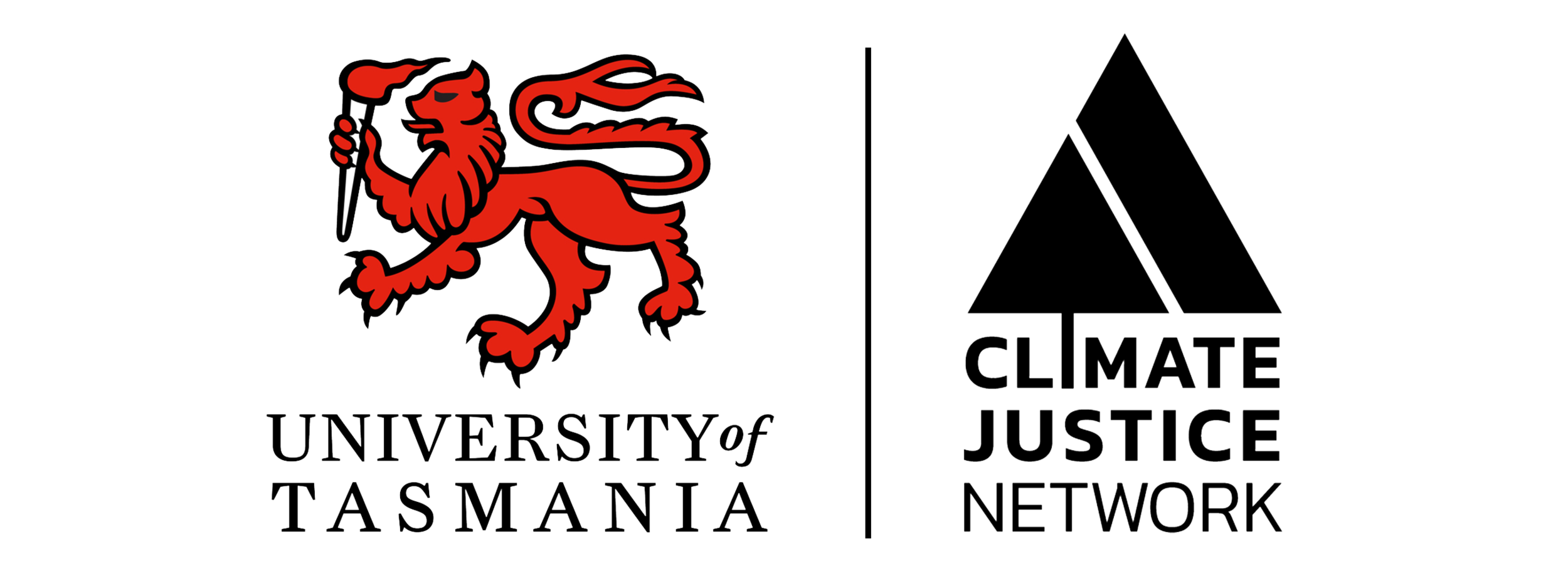Climate change and the Apocalypse in Literature
The apocalypse, while never an appealing notion, has been somewhat in literary vogue since the bible was first published. The arrival of the climate change induced apocalypse in literature is a fairly new literary game. The apocalyptic fiction I grew up reading included the despair inducing Children of the Dust (1985) and Robert C O’Brien’s particularly depressing Z for Zachariah (1974). The apocalypse in those books, which were published during the Cold War, was nuclear induced. There is a new wave of post apocalyptic books that imagine a world fraught from climate change, a world that we inhabit more and more every day.
Three recently published books, The Island Will Sink by Briohny Doyle, The Map of Bones by Francesca Haig and The World Without Us by Mireille Juchau all relate a world directly impacted by climate change. The only similarity these books share is that they are fiction, though as we wake up every morning with the tides lapping higher, and the winds blowing harder, elements that are, like so much rendered in speculative fiction rapidly becoming a reality.
The Island Will Sink by Bryony Doyle (The Lifted Brow 2016) is a ripper of a book, based around a film producer who has been cashing in on the apocalyptic nature of a ‘post’ climate change world. His current opus is to film Pitcairn Island as it sinks, to create an immersive disaster experience for viewers. It is set in the near future, and houses are designed to withstand the unpredictable tempests.
The ‘post’ in post apocalyptic in these book varies. UK based Tasmanian poet and novelist, Francesca Haig’s Fire Sermon Trilogy (Harper Collins) is set very much in the post-post climate change world. The change has occurred, fractured communities and resulted in some children being born marked differently and considered dangerous. The memory of the change that tore life as we know it asunder, is now muted, almost mythic. The reader is still left in no doubt that the changes that caused daily life in this novel to be so profoundly different from how we live today were made by changes in the climate.
The World Without Us is an exquisite story that sits snugly in the literary fiction genre. It is primarily about the nature of grief, and this is told through the story of a family who have lost a sister, a daughter, and a family who has produced honey for a long time. The ‘without us’ in the title refers to a world without bees, though it also alludes to a deeper loss. I’m no scientist and while I understand that the decline in bee populations around the world is chemical related. You might say that it also alludes to the loss of species predicted to occur as a result of climate change.
To finish, and not to leave you with a dystopic taste in your mouth, I would like to mention that these books, as depressing in parts as they may be, all share characters with common human resilience. It is their uniting element, so profoundly disparate in genre as the books are. They show an evolutionary drive to adapt though they in no way celebrate the loss and profound change of their settings, and the changes in day to day life as a result of climate change.
The portrayal of climate change in fiction is a powerful mechanism to educate, and indeed offers an opportunity for creative activism. Storytelling about climate change is a stealth mechanism for making positive change in the world, indeed the power of art to convey messages otherwise lost through issue fatigue, or insidious political agendas must be recognised and celebrated. These three books do that, as did Z for Zachariah, for my ten year old self that taught me to fear nuclear war, and even better to challenge an apathetic status quo.
Rachel Edwards is the editor at Transportation Press.
